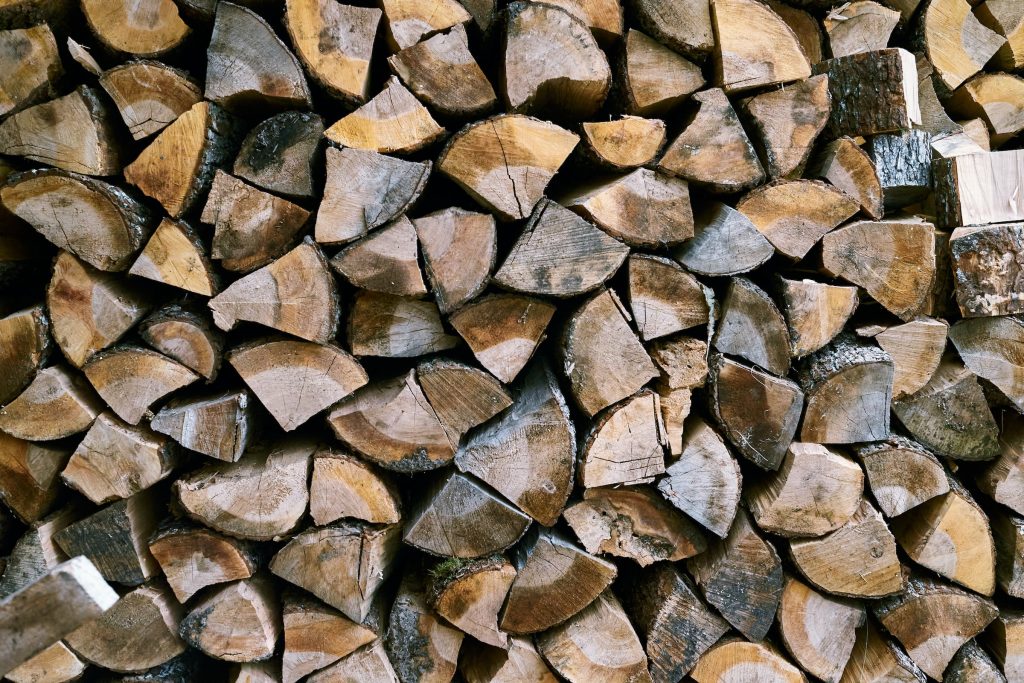News
Moving Away From Hardwood and How Flexiteek Can Help
Becoming a Sustainable Business
Here at Flexiteek, we take our responsibilities to the environment very seriously and are constantly improving and developing as a business to limit our environmental impact on the earth. We are working hard to strengthen our regular contributions to the ‘Plant A Tree’ Programme with World Land Trust and recently, Wilks, part of the Flexiteek group, achieved both ISO 14001 and EcoVadis accreditations. Flexiteek although made of plastic, uses REACH compliant phthalate-free plactisters to ensure a reduced impact on the environment and can be 100% recycled into another product.
This all helps Flexiteek to offer you the looks of real teak without the environmental issues often linked to hardwoods, especially those found in tropical locations.

Deforestation and Habitat Loss
One negative environmental impact of hardwood is deforestation and habitat loss. Processing hardwood for commercial use often requires large-scale logging operations. This can result in forest-land clearance, losing some much-needed habitat for many species.
Logging for timber and paper has been identified as the third largest driver of deforestation, behind beef and oilseeds. It accounts for 13% of tropical deforestation (SOURCE: OurWorldInData).
Trees are well-known for their benefits to the environment. For example, forests can become ‘carbon sinks’ as they absorb large amounts of carbon dioxide. Tropical tree cover alone can provide 23% of climate calming efforts, as set out in the 2015 Paris Agreement (SOURCE: Gibbs, Harris & Seymour). Trees also regulate atmospheric water pattern due to moisture released. So, when trees are cut for timber, there is often less water in the air to return to the soil. This can result in the surrounding soil drying, leading to soil erosion and less fertile land. This then causes hardship for indigenous people who depend on forests to live.
Animals depend on forests to live, hunt, and raise their young. Smaller or fragmented forest land disrupts natural systems. For example, there is increased competition for mates, food, and water. Disease is also more easily spread due to close proximity, with the potential to spread to nearby humans. 60% of emerging infectious diseases come from animals, especially those with limited habitat space (SOURCE: ISSD). Additionally, due to the lack of land for animals to roam, it can increase the frequency of human-animal conflict.
Carbon Footprint and Climate Change
95% of deforestation occurs in the tropics with 33% in Brazil alone. However, the biggest consumer of timber is China with more than 400 million cubic meters of timber entering the country annually. 40-45 million cubic meters of this material comes from tropical forests. Between the largest exporter and the biggest consumer, there are 10,329 miles of travel for timber. This long commute is often detrimental to the environment and is a large component of the carbon footprint of the associated products.
Although hardwood is a regenerative material, it takes decades and centuries to reach maturity. Using hardwood timber sustainably requires planning, care, and investment. For these forests to regenerate properly, a biodiverse range of healthy trees must be planted in conjunction with controls on existing competing plants. That’s why we support The World Land Trust and their important work to try and rebalance a number of endangered forest locations around the world.
Making the Right Choice for your new Deck
This blog details some environmental factors to consider when purchasing a boat deck. Understanding the ecological context of products allows informed purchasing decisions. Choosing more sustainable options will support forests and minimise carbon emissions.
Find out more about World Land Trust and start donating today.
Further reading and Source Notes
https://ourworldindata.org/deforestation
https://www.wri.org/insights/numbers-value-tropical-forests-climate-change-equation
https://sdg.iisd.org/commentary/guest-articles/preventing-future-pandemics-starts-with-protecting-our-forests/
https://www.sciencedirect.com/science/article/pii/S0959652618318602#bib31
https://core.ac.uk/download/pdf/234663295.pdf